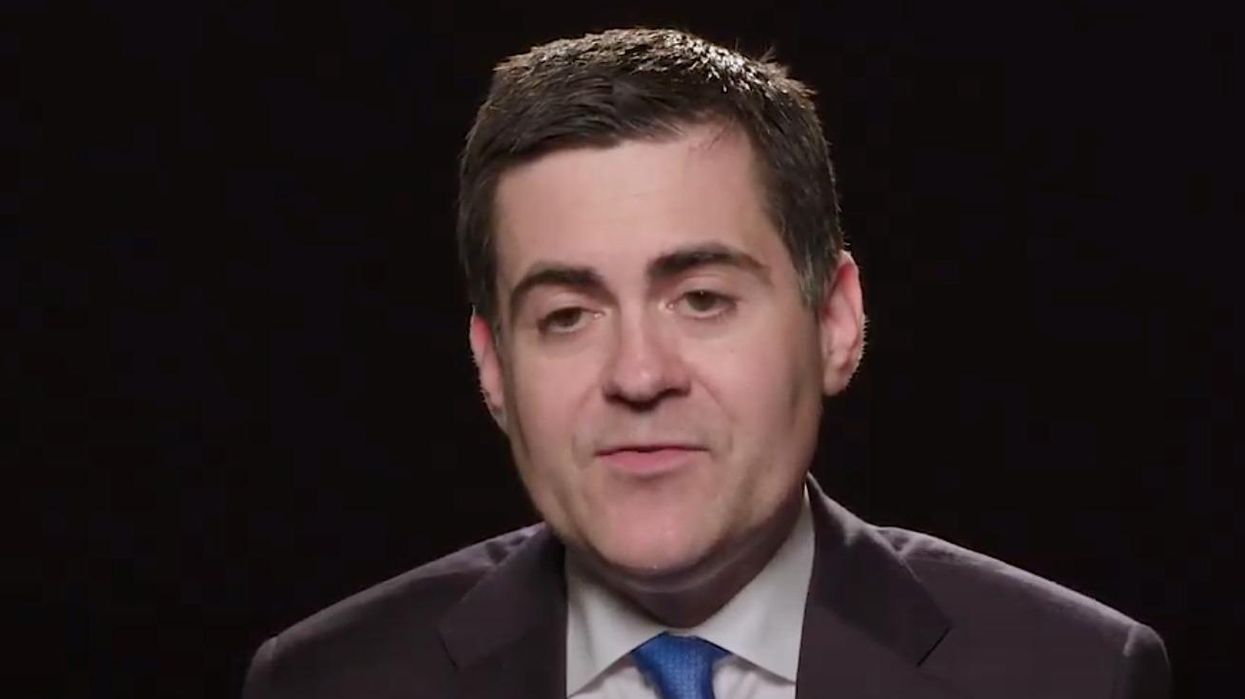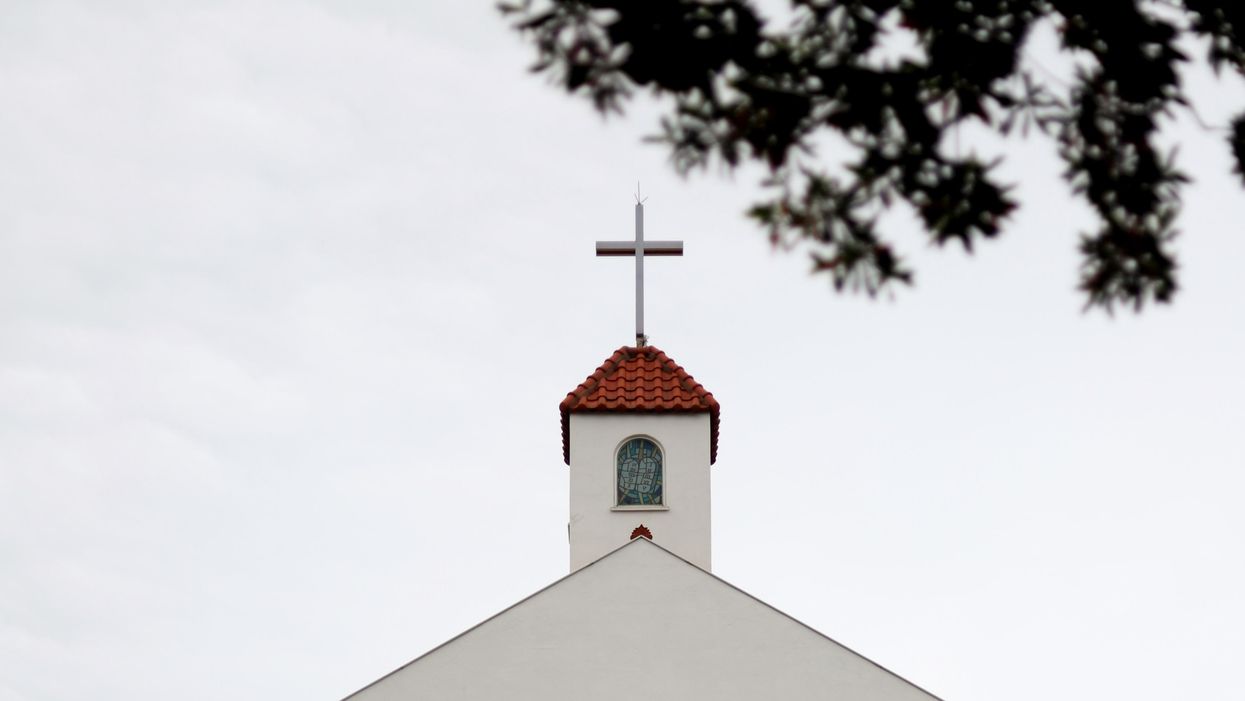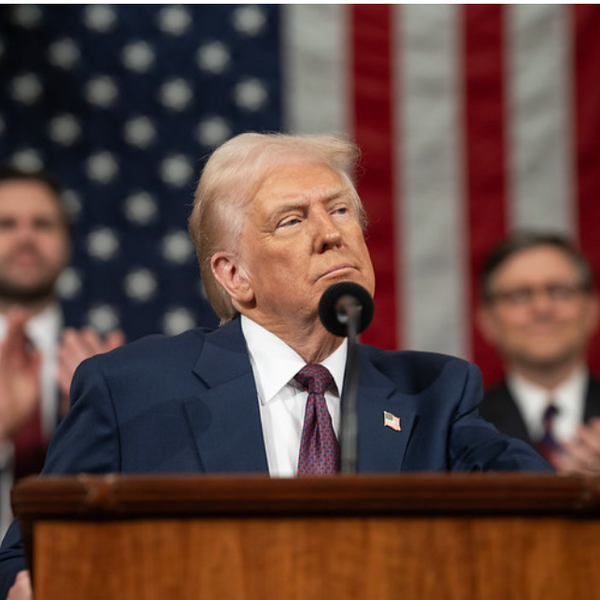Former Southern Baptist Chief Calls Sex Scandal An ‘Apocalypse’
Russell Moore, the former president of the Ethics & Religious Liberty Commission of the Southern Baptist Convention, is calling the massive sexual abuse – including child molestation and rape – in the SBC an “apocalypse.” He says, “I cannot help but wonder what else this can be called but a criminal conspiracy.”
The Southern Baptist Convention (SBC) is the largest Protestant denomination in America and the nation’s second-largest Christian denomination.
Some of that abuse is detailed in a 288-page third-party report released over the weekend that states in part, “for many years,” a few senior Southern Baptist Convention executive committee (EC) leaders, “along with outside counsel, largely controlled the EC’s response to these reports of abuse,” “closely guarded information about abuse allegations and lawsuits … and were singularly focused on avoiding liability for the SBC to the exclusion of other considerations.”
As a result, “survivors and others who reported abuse were ignored, disbelieved, or met with the constant refrain that the SBC could take no action due to its polity regarding church autonomy – even if it meant that convicted molesters continued in ministry with no notice or warning to their current church or congregation.”
The report names several past presidents of the SBC including this example:
“Former SBC President Paige Patterson was terminated from his position at Southwestern Baptist Theological Seminary in 2018 after it was revealed that he told a student not to report a rape in 2003 and, in 2015, emailed his intention to meet with another student who had reported an assault, with no other officials present, so he could ‘break her down.'”
“This Is the Southern Baptist Apocalypse,” writes Moore at Christianity Today, where he now serves as the director of the Public Theology Project. “The abuse investigation has uncovered more evil than even I imagined.”
Moore says he had called for the investigation, which he now says “uncovers a reality far more evil and systemic than I imagined it could be.”
Its conclusions “are so massive as to almost defy summation. It corroborates and details charges of deception, stonewalling, and intimidation of victims and those calling for reform. It includes written conversations among top Executive Committee staff and their lawyers that display the sort of inhumanity one could hardly have scripted for villains in a television crime drama. It documents callous cover-ups by some SBC leaders and credible allegations of sexually predatory behavior by some leaders themselves, including former SBC president Johnny Hunt (who was one of the only figures in SBC life who seemed to be respected across all of the typical divides).”
As Moore reveals, Southern Baptist Convention leaders had documentation – a database – of over 700 cases of sexual abuse, and instead of acting on them by reporting them to the police or preventing those who committed abuse from being in positions where they could continue the abuse, “nothing was done” except to use the database to protect senior leaders.
“Not only was nothing done to stop these predators from continuing their hellish crimes, staff members were reportedly told not to even engage those asking about how to stop their child from being sexually violated by a minister. Rather than a database to protect sexual abuse victims, the report reveals that these leaders had a database to protect themselves.”
Moore, who with his wife left the Southern Baptist Convention last year, says he has rage wondering “how many children were raped, how many people were assaulted, how many screams were silenced, while we boasted that no one could reach the world for Jesus like we could.”
Reprinted with permission from Alternet.











